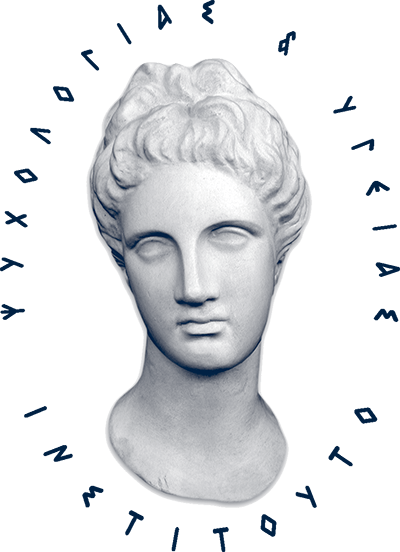Training
Aims and structure of the training program
Training is open to all graduate students and professionals specializing in adult individual psychotherapy.
The program is based on an eclectic theoretical orientation, since no specific theoretical perspective is likely to have all the answers or be effective for every client. Therefore the program emphasizes the generic clinical skills underlying all forms of competent psychotherapy and has the following aims:
1. To facilitate the development and/or enhancement of the clinical skills essential for a successful initial interview and subsequent therapy sessions.
2. To teach participants how to synthesize the information needed to arrive at a sensitive and individualized diagnostic picture for the specific client.
3. To teach participants how to select the best possible treatment plan based on the diagnostic picture of the specific client
4. To increase understanding regarding the problems ensuing during treatment ( problems in therapeutic alliance, intrusion of the family system, lack of motivation in the client, no improvement, enactments etc).
Prerequisites: Bachelor’s Degree in Psychology or related area. Applicants should be familiar with personality theories, basic models of psychotherapy, psychopathology and DSM-V categories.
Structure of the program
The program consists of regular courses offered between October and April and workshops offered during spring and fall. The program is flexible and participants can tailor their individual training programs based on their specific needs.
Training is based on 3 axis: Psychodiagnosis, Therapy, and Supervision. Skype sessions are available for participants who live in other areas.
Method
Role- playing, work in small groups, experiential exercises and presentation of actual cases are the main methods used in the seminars. Participants are also provided with recommended reading material which they cover on their own. Participants work on case material to test their ability to diagnose, provide treatment plan and deal with therapy problems.
e-learning
Professionals who reside in other towns can participate in the seminars and supervisory groups of IPSY via skype.
Psychodiagnosis modules
Clinical diagnosis I. Assessment of the developmental level of the client
What is the reason we need a diagnosis when we first see a client? Are the typical DSM-V categories adequate as diagnostic guidelines? How can we avoid labeling the client and how can we arrive at a sensitive diagnostic picture for the specific client? This seminar helps students understand the synthesis of information underlying a successful diagnosis and provides ample clinical material for students to test out their hypotheses in different cases.
21 hours/Offered in alternate years
Clinical diagnosis II. Understanding clinical symptomatology
DSM-V does not help us understand the conditions that make specific people vulnerable to specific “ psychiatric disorders”. In this seminar diverse theories of pathogenesis and clinical management will be presented for the major psychiatric disorders, i.e. psychosis, mood disorders, anxiety disorders, somatoform disorders, addictions, eating disorders, and sexual dysfunction problems.
21 hours/Offered in alternate years
Clinical diagnosis III & IV. Assessment of the personality type of the client
Why do seemingly well -motivated and insightful clients drop out of therapy? Why do we always feel tired and weary after a session with specific client? This seminar teaches participants the importance of identifying the main defenses of each client, ways to circumvent and work through the resistance to treatment and ways to deal with the countertransference. All major personality types will be presented through actual case material and film characters depicting each specific type of dynamics.
42 hours/Offered in alternate years
Psychotherapy modules
Clinical skills training I: Intake, diagnostic hypotheses and treatment plan
This seminar introduces students in the conceptual and practical skills essential to a good interview. It also provides an overall view of the phases of psychotherapy and the different skills required in each phase. Topics presented include the development of an alliance with the client, the setting up of the therapeutic frame, interview techniques, intake information, clinical impressions and diagnositic hypotheses and developing a treatment plan.
42 hours/Offered every year
Clinical skills training II. The art of information synthesis
During a session the client touches many topics. Which one should the therapist focus on? How does the therapist weave the themes emerging in the “ here and now” of each session into the basic motifs of the client’s life? This seminar deals with the assessment and therapeutic work involving the client’s defenses, emotions, self-image, distorted beliefs, as well as the impact of the family system.
42 hours/Offered every year
Therapy in action
Therapy is an elusive, fluid, difficult to describe process. Uncertainty, ambiguity, enactments and impasses are part of almost every session. How can the wisdom of psychoanalysis guide us through the ropes? In this seminar we will discuss concepts of holding, containing, paradox, recognition, the analytic third, negotiation of enactments, the use of interpretation and insight and the role of emotional attunement and disengagement.
30 hours/Offered on demand
Supervision team
Actual cases are presented using the technique of role-playing. Group members, guided by the instructor, elicit essential information for a successful case formulation of the case presented.
30 hours/Offered every year
